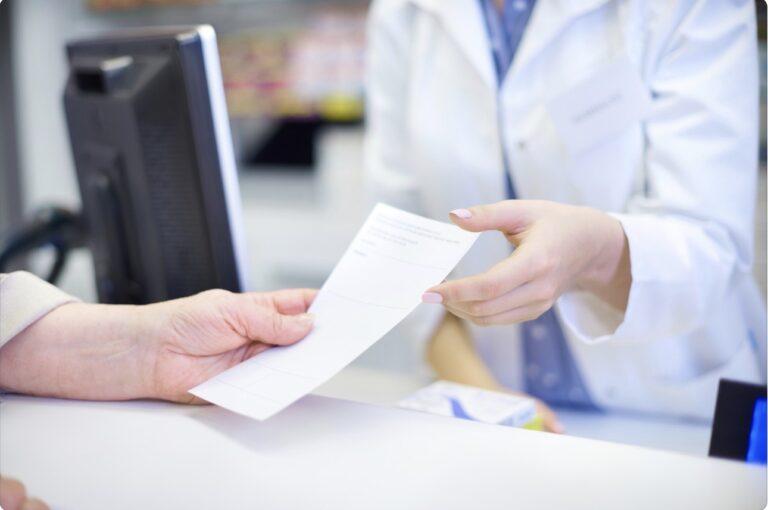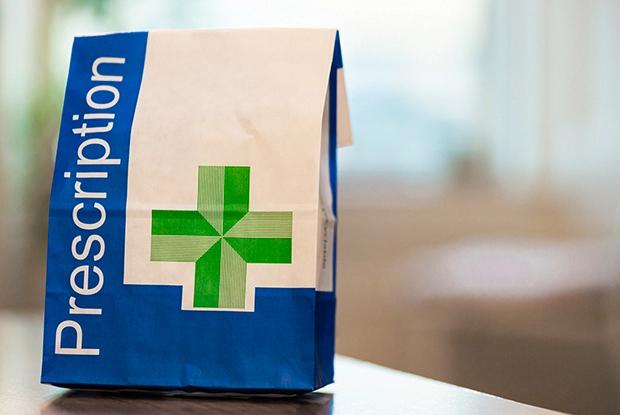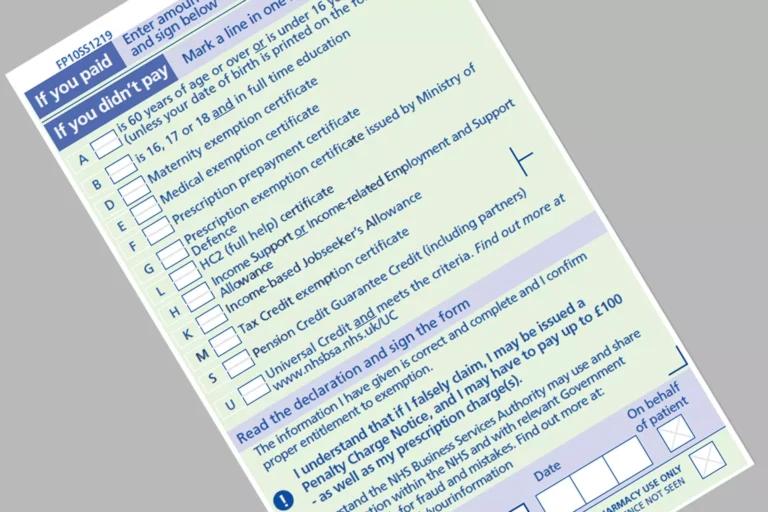Prescriptions and healthcare costs can add up, especially for individuals with long-term health conditions or disabilities. Many people wonder if receiving Personal Independence Payment (PIP) entitles them to free prescriptions on the NHS. In this article, we will explore the eligibility criteria for free prescriptions, the role of PIP, and other support options available for managing healthcare costs.
Understanding free prescriptions on the NHS
The National Health Service (NHS) in the United Kingdom provides healthcare services free of charge to its residents. However, there are some fixed charges for certain services, including prescriptions, dental treatment, sight tests, wigs, and fabric supports. Individuals may be eligible for help with these charges based on their circumstances and where they live.
Prescriptions in England typically cost £9.65, while they are free in Northern Ireland, Scotland, and Wales. To determine if you are entitled to free prescriptions, it’s essential to consider various factors, including your income, age, and specific health conditions.
The role of Personal Independence Payment (PIP)
PIP is a benefit for individuals with long-term medical conditions or disabilities in the UK. It is designed to help with the extra costs associated with living with a disability or health condition. While PIP provides financial support, entitlement to free prescriptions is not automatic. It will likely depend on how much PIP you’re claiming as well as your personal circumstances.
To determine eligibility for free prescriptions, it’s important to understand the qualifying criteria set by the NHS. These criteria are primarily based on income, age, and specific health conditions. Let’s explore these criteria in detail.
Income-based eligibility
If you receive PIP, it does not automatically entitle you to free NHS prescriptions based on income. However, individuals who receive certain income-related benefits, such as Universal Credit, Income Support, Income-based Jobseeker’s Allowance (JSA), or Pension Credit Guarantee Credit, may be eligible for free prescriptions.
To qualify for free prescriptions based on income, your monthly earnings, including your partner’s, should not exceed a specific threshold. The threshold is £435 per month for individuals not receiving the child amount through Universal Credit or £935 per month if your Universal Credit award includes the child amount, or you or your partner have limited capability for work.
Age-based eligibility
Age can also play a role in determining eligibility for free prescriptions. In general, individuals who fall into the following categories are entitled to free prescriptions:
- Children under the age of 16
- Young people under the age of 19 who are in full-time education
- Individuals aged 60 and over
Health condition-based eligibility
Certain health conditions may entitle individuals to free prescriptions. For example, if you are receiving treatment for cancer or the effects of cancer, you are entitled to free prescriptions. The exemption certificate for cancer patients is valid for five years and covers all prescriptions, not just those related to cancer.
Additionally, individuals with specific health conditions such as diabetes, epilepsy, or physical disabilities that prevent them from leaving home without assistance may qualify for free prescriptions. It is important to consult with your doctor, hospital, or pharmacist to determine if your condition meets the criteria for an exemption certificate.
Other support options for managing healthcare costs
While PIP itself does not grant free prescriptions, there are other support options available for individuals with long-term health conditions or disabilities to manage their healthcare costs. Here are some alternatives to consider:
Prescription Prepayment Certificate (PPC)
If you require regular prescriptions and are not eligible for free prescriptions, a Prescription Prepayment Certificate (PPC) may be a cost-effective option. A PPC allows you to make a one-time payment for a specific period, covering all your prescriptions during that time.
In England, the current cost of a PPC is £31.25 for three months or £111.60 for 12 months. This option can be beneficial if you anticipate needing multiple prescriptions throughout the year.
Minor Ailments Scheme
Some pharmacies offer a Minor Ailments Scheme, which allows individuals to receive certain prescription medicines for minor ailments without the need to consult a doctor. This service is available free of charge on the NHS for those who are exempt from prescription charges.
Minor ailments that may be covered under this scheme include coughs, colds, headaches, hay fever, insect bites, stings, eczema, earache, and diarrhea. Additionally, pharmacies may offer repeat dispensing services for regularly prescribed medicines, reducing the need for frequent visits to the doctor.
NHS Low Income Scheme
The NHS Low Income Scheme provides full or partial help with healthcare costs for individuals on a low income. To determine eligibility, you will need to complete form HC1, available from NHS hospitals, dentists, opticians, and pharmacists. The assessment process considers various factors, including income, housing costs, and other personal circumstances.
If eligible, you may receive an HC2 certificate for full help with NHS charges or a HC3 certificate for partial help. These certificates can cover prescription charges, dental treatment costs, and other healthcare expenses.
Refunds for overpaid charges
If you accidentally pay for a prescription or healthcare service that you could have received for free or at a reduced cost, you may be eligible for a refund. To request a refund, you will need to complete the appropriate forms provided by your pharmacist, dentist, or eye care professional.
For prescription charge refunds, ask your pharmacist for form FP57. For dental charge refunds, ask your dentist for form FP64 or a receipt indicating the amount paid. Sight test refunds require a receipt from your eye care professional, along with completion of an HC5 refund form.
Conclusion
While Personal Independence Payment (PIP) does not automatically entitle individuals to free prescriptions on the NHS, various eligibility criteria can determine if someone qualifies for free prescriptions. These criteria include income, age, and specific health conditions.
It’s important to explore other support options available, such as the Prescription Prepayment Certificate (PPC), Minor Ailments Scheme, NHS Low Income Scheme, and refund opportunities for overpaid charges. These options can provide financial relief and help individuals manage their healthcare costs effectively.
Remember to consult with healthcare professionals, such as doctors, pharmacists, and dentists, to determine the most appropriate support options for your specific circumstances. The NHS is committed to providing accessible healthcare for all, and understanding the available support can make a significant difference in managing healthcare costs.
Sources
- Prescription Charges and Health Benefits | Disability Rights UK
- Check if you can get free prescriptions – NHS
Medical Disclaimer
NowPatient has taken all reasonable steps to ensure that all material is factually accurate, complete, and current. However, the knowledge and experience of a qualified healthcare professional should always be sought after instead of using the information on this page. Before taking any drug, you should always speak to your doctor or another qualified healthcare provider.
The information provided here about medications is subject to change and is not meant to include all uses, precautions, warnings, directions, drug interactions, allergic reactions, or negative effects. The absence of warnings or other information for a particular medication does not imply that the medication or medication combination is appropriate for all patients or for all possible purposes.








